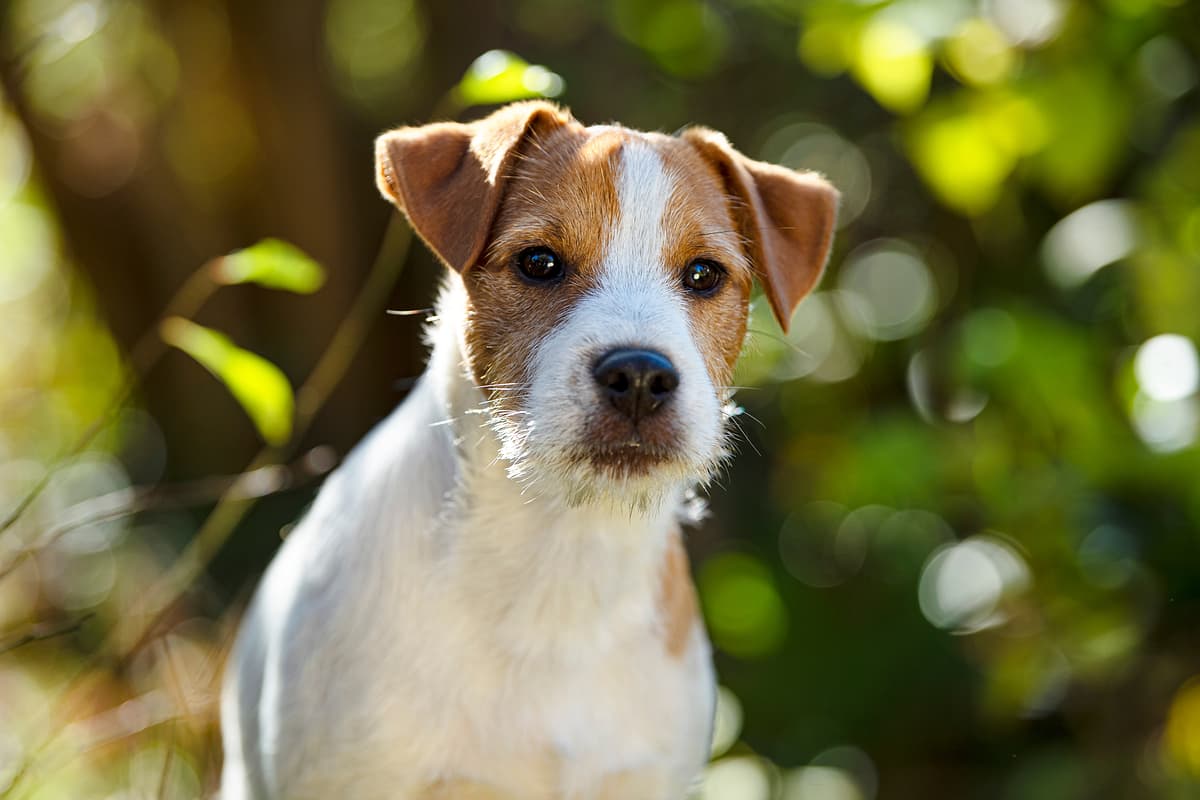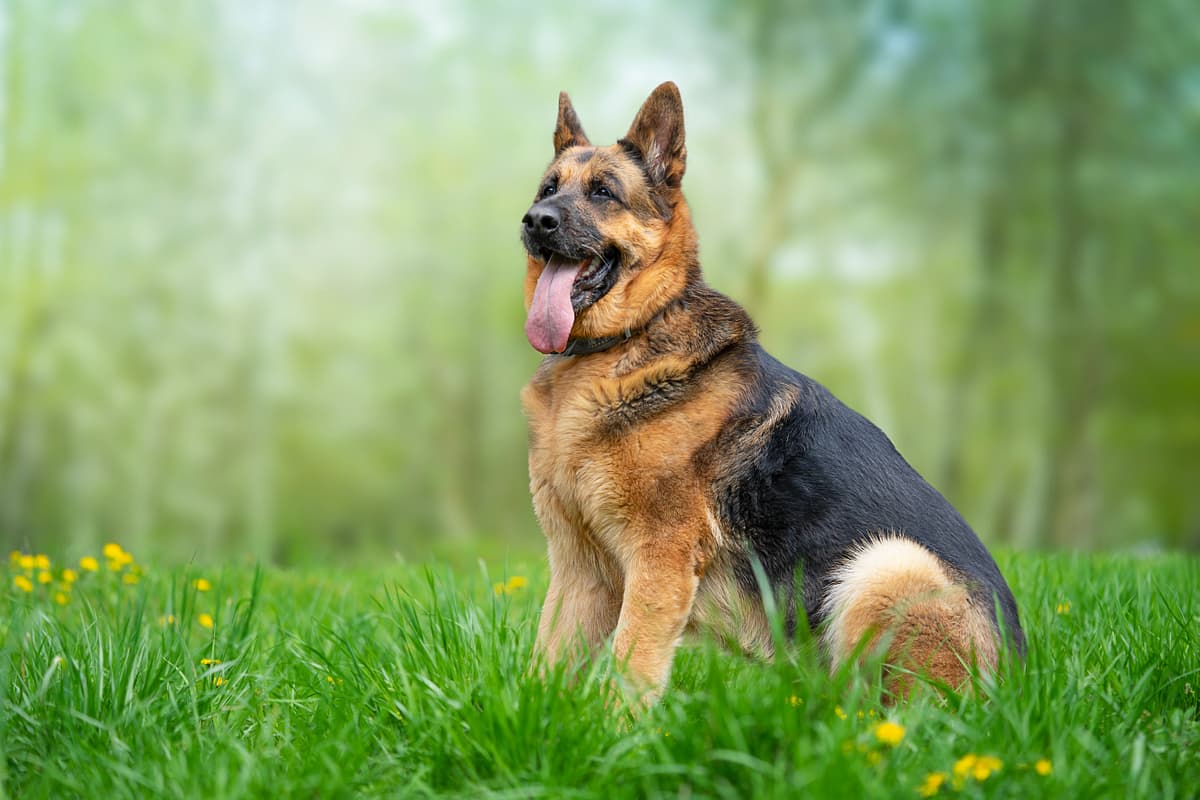Parson Russell Terrier vs German Shepherd
Discover the differences between Parson Russell Terrier and German Shepherd to make the best choice for your situation.
Try different breeds

Parson Russell Terrier
Energetic, bold, and intelligent, this terrier thrives on adventure and companionship. Agile and lively, it brings spirited playfulness and loyalty to any household.

German Shepherd
Confident, loyal, and highly intelligent, this breed thrives as both a devoted family companion and a reliable working partner. Always alert and eager to learn, it adapts to many roles with ease.
Quick comparison
Small
6–8 kg
Harsh, straight
13–15 years
5–7 kg
High energy
Large
30–40 kg
Double coat, dense undercoat
9–13 years
22–32 kg
High energy
Personality & behavior
Compare the personality traits and behavioral characteristics of both breeds.
Parson Russell Terrier
Outgoing and sociable with people and dogs
Quick learner, responds well to training
Highly energetic, requires regular vigorous exercise
Loves games and interactive activities daily
Adjusts moderately to new environments and routines
German Shepherd
Warm with family, reserved with strangers
Quick learner, highly trainable and alert
Needs regular activity and vigorous exercise
Enjoys games, interactive and engaging
Adjusts well to new situations and environments
Care needs
Exercise, grooming, and daily care requirements
Parson Russell Terrier
Patellar luxation, lens luxation
German Shepherd
Hip dysplasia, elbow dysplasia
Suitability
How well each breed fits different living situations and families
Parson Russell Terrier
Not ideal
Needs experienced handling and consistent training to manage energy and independence
Challenging fit
High activity level and barking can be disruptive in small spaces
Perfect fit
Thrives with regular activity and enjoys participating in energetic routines
Good with supervision
Playful and affectionate but may be too boisterous for very young children
Needs careful introduction
Strong prey drive can create issues with smaller pets or same-sex dogs
Struggles with solitude
Becomes bored and destructive if left alone for extended periods
German Shepherd
Challenging for beginners
Needs experienced, consistent training and socialization
Not ideal
Needs space and frequent exercise to prevent boredom
Perfect fit
Thrives with active owners who can provide daily physical and mental challenges
Highly suitable
Loyal and protective, can be gentle and patient with proper socialization
Usually compatible
Can get along with other pets if raised together and well socialized
Prone to anxiety
Dislikes being left alone for long periods and may develop behavioral issues
Breed strengths
What each breed excels at and their best qualities
Parson Russell Terrier
- Energetic and enthusiastic playmate
- Strong prey drive for vermin control
- Highly intelligent and quick learner
- Agile and excels in canine sports
- Loyal and forms strong family bonds
German Shepherd
- Highly intelligent and quick to learn tasks
- Strong loyalty to family members
- Excellent working and service dog abilities
- Protective instincts make them good guardians
- Adaptable to various training activities
Challenges & considerations
Potential challenges and considerations for each breed
Parson Russell Terrier
- Prone to digging and escaping yards
- Needs extensive daily physical exercise
- Can be stubborn during training sessions
- May chase small pets or wildlife
- Tends to bark frequently when alert
German Shepherd
- Prone to hip and elbow dysplasia
- High exercise needs require daily activity
- Can develop separation anxiety if left alone
- May be wary of strangers without socialization
- Heavy seasonal shedding requires frequent grooming
Ready to choose your perfect breed?
Learn more about each breed or compare other breeds to find the perfect match for your lifestyle.
Discover more helpful tools
Make use of our other free tools to get the most out of your pet experience
